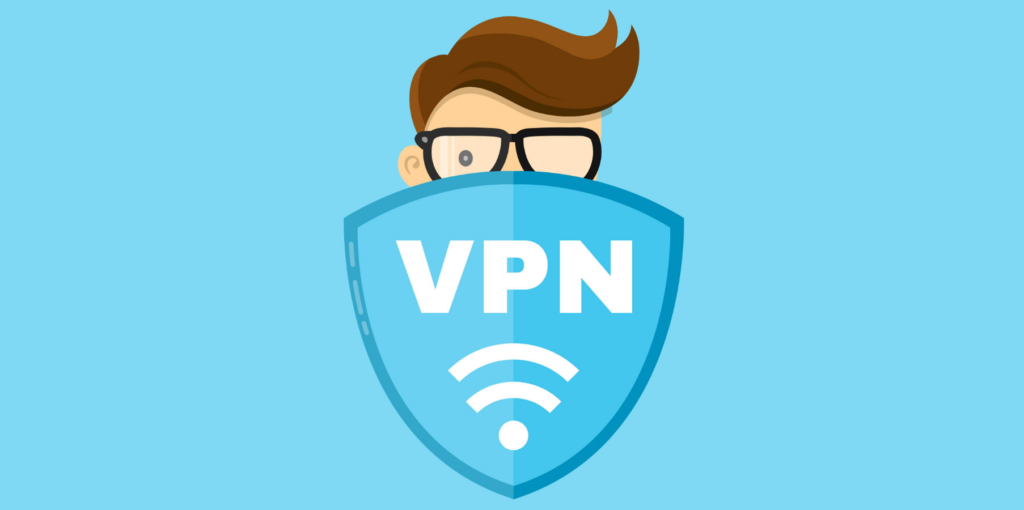How does VPN spy on users

The issue of anonymity and security on the network in our time sounds more loud and annoying than ever. Freedom of dissent is gradually suppressed in many states, and «persistent traders», without shame or conscience, cover the entire screen with contextual advertising. Are these lines true? Is it so? Why is this on the agenda? Everything is in order, in this article.
Let’s start by attracting the vast mass of information already available: the Australian state. The Association for Scientific and Applied Research (CSIRO) states that the operation of VPN services and their technologies is not safe, but often worsens the situation and contributes to the leakage of data and information of its users.

There have been several studies, and the most recent of them took place based on the Android system, on applications for using VPN, to be more precise (By the way, there are about 300 of them).
By examining and testing features that are related to client anonymity and security, CSIRO has released extremely disheartening results to the public in the form of a report titled “An Analysis of the Privacy and Security Risks of #Android #VPN Permission-enabled Apps”. To reduce your time a bit, we will write down the main theses and results:
About 20% of apps don’t even try to hide your traffic
About 40% of applications, in addition to their services, will provide you with a “duck” in the form of a virus
The worst thing is that in about 80% of applications, secretly from the user, they gain access to all his classified data, what they then do with this data — history is silent.
About 15% of VPNs use non-transparent proxies, which completely negates their usefulness.
The statistics make you think, of course. Do you need a VPN after such a thing? Let’s understand further.
Why do people even use a VPN? Let’s be honest, in about 80% of cases — bypass regional blocking. Not every one of our contemporaries is interested in the security of their data on the network, which unscrupulous VPN developers boldly use.
Of course, absolutely every one of them will tell you that they are 100% protected and there will be no hidden activity, but studies by many agencies and scientific communities/communities show opposite processes. Can free VPNs, which don’t always even show ads, have income from something? Of course, they can, with the sale of data and information about their users.
By the way, one interesting point is worth mentioning: before publishing their reports, the Australians contacted the developers of dangerous VPN applications, after which some of them began to eradicate their sins. The rest gradually began to filter the Google store.

It is scary to realize that millions of users around the world put such applications on their devices, many of them do not even suspect what risks they are taking. It is for this reason that we strongly recommend purchasing and using private proxy servers because they will not only help hide your data but also improve the performance and speed of your traffic. Not to mention the many other important tasks that proxy servers can handle.
What do an ordinary user of VPN servers and an ordinary user of private proxy servers get in comparison? To understand the absurdity of the situation, as an example, we will cite supposedly free VPN servers that are unjustifiably popular.
Pros of using a VPN:
- Bypass most local, and regional blocking of web resources.
Minuses:
- Espionage and invasion of users’ privacy
- Reduced traffic quality, connection speed
- Increased risk of getting malware on your device
- Trade in the data of users of the service
As for proxy servers, here we will describe only the most important aspects of the work, without delving too deeply into the subtleties of all processes.
Pros of using a proxy:
- Bypass local, regional, and other blocking of web resources.
- Increasing the anonymity of the user on the network
- High-quality protection of personal data
- Improving traffic, connection speed
Minuses:
- Private proxy servers are not free.
Yes, the comparison is very superficial, but even it shows the difference between these sites.
Why is this happening? Are the developers of VPN servers all without exception masters of evil and informational terrorists?
No, it’s not at all like that, it’s just that for some people “money doesn’t smell”, unfortunately. It is not for nothing that they say that on the Internet the most expensive pleasure will be exactly the service that is known to be called free. Free cheese is only in a mousetrap, do not forget this simple wisdom.